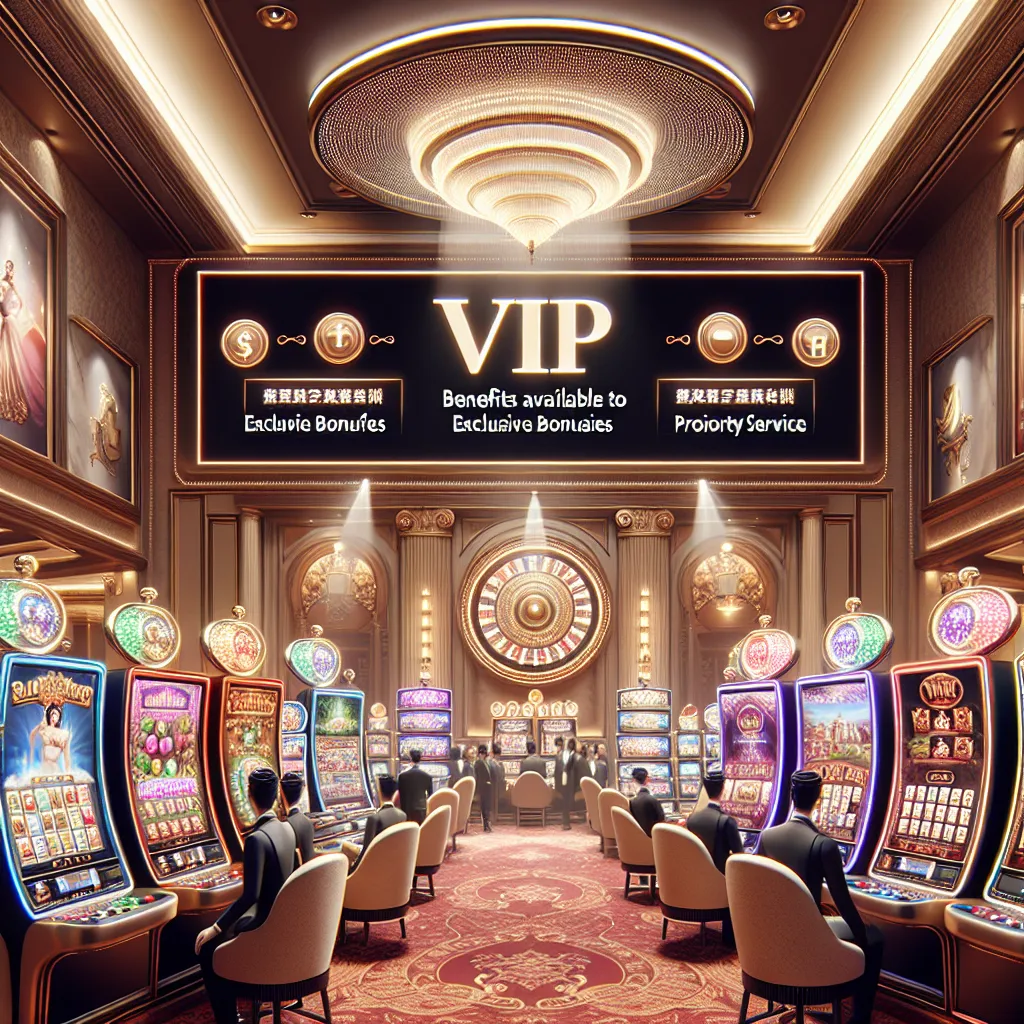Introduction: The Rise of 7 Game Casino in Online Gaming
The digital casino landscape has witnessed significant transformation over the past decade, with “7 game casino” platforms emerging as a major focus for both players and operators. These platforms, which offer a curated suite of seven core games—typically including slots, blackjack, roulette, baccarat, poker, sic bo, and craps—represent a shift towards specialized, high-quality gaming experiences. As market competition intensifies and regulatory frameworks evolve, industry leaders are compelled to innovate while maintaining rigorous compliance. In this article, we analyze the market trends, regulatory challenges, and brand strategies that define the current and future state of 7 game casinos, providing actionable insights for both operators and players.
Current Market Leaders for 7 Game Casino
The 7 game casino segment is characterized by a few dominant brands that have successfully combined extensive game portfolios with robust technological infrastructure. Among these, established operators like 22TWO stand out as market leaders. Since its inception in 2006, 22TWO has leveraged its reputation for trust and credibility to attract a loyal, global player base. The brand’s early adoption of diverse gaming options, coupled with a commitment to enriching the user experience, has set it apart in a competitive market.
The appeal of 7 game casino platforms lies in their ability to offer a balanced variety of classic and contemporary games, each tailored to different player preferences. Major platforms invest heavily in user interface design, seamless mobile integration, and engaging features such as live dealer options and progressive jackpots. These features are not merely aesthetic; they play a crucial role in player retention and brand differentiation.
Notably, 22TWO’s portfolio is distinguished by its emphasis on entertainment and opportunity, with each game providing unique prize structures and gameplay mechanics. This focus on variety and excitement, underpinned by a reputation for security and fairness, has allowed market leaders to maintain their edge even as new entrants attempt to replicate the 7 game model.
Regulatory Challenges for 7 Game Casino Operators
The regulatory environment for 7 game casino platforms is complex and continuously evolving. Operators must navigate a patchwork of international, national, and sometimes regional laws governing online gaming. Key concerns include licensing, fair play, responsible gaming, and player protection.
Leading brands such as 22TWO have proactively addressed these challenges by operating under respected gaming licenses, such as those issued by the Philippine Amusement and Gaming Corporation (PAGCOR). The PAGCOR license is internationally recognized for its stringent requirements regarding player safety, anti-money laundering measures, and game fairness. Such regulatory oversight ensures that operators maintain rigorous practices in line with global standards, providing reassurance to players and stakeholders alike.
Moreover, compliance with regional regulations often requires continual investment in legal expertise and adaptive technology. For instance, robust age verification, anti-fraud monitoring, and responsible gaming protocols are not only mandated by regulators but have become integral to the brand identity of successful 7 game casino operators. By embedding these features into their operations, market leaders ensure both legal compliance and the long-term sustainability of their platforms.
Brand Strategies in Navigating Legal Environments
In the face of complex legal landscapes, leading 7 game casino brands have adopted a multifaceted approach to compliance and reputation management. Transparency, technological investment, and customer-centric policies are central to these strategies.
For example, 22TWO has built its ethos around trust and credibility, ensuring that every aspect of its operations—from game fairness to financial transactions—is transparent and verifiable. The company’s technology team monitors its systems 24/7, using state-of-the-art security protocols to safeguard player data and prevent unauthorized access. This proactive stance not only minimizes legal risk but also enhances player confidence.
Strategic partnerships with recognized software providers further reinforce compliance, as these collaborations often involve rigorous third-party audits and certifications. Additionally, market leaders invest in educational initiatives to promote responsible gaming, aligning their brand values with regulatory expectations and societal norms. By positioning themselves as advocates for safe and enjoyable gaming, top operators both differentiate their brands and mitigate the risks associated with regulatory change.
Future Outlook and Strategic Recommendations
The future of 7 game casino platforms will be shaped by ongoing technological innovation, shifting consumer preferences, and the tightening of regulatory regimes. Operators who wish to sustain growth must prioritize adaptability, transparency, and player-centricity.
For operators, the following strategic recommendations are paramount:
- Invest in Compliance Infrastructure: Allocate resources to ensure ongoing adherence to evolving legal standards, particularly in areas such as data privacy, anti-money laundering, and responsible gaming.
- Enhance Security Protocols: Continuously upgrade security systems and monitoring capabilities to protect against emerging threats, reinforcing player trust.
- Diversify Game Offerings: While the 7 game model remains popular, supplementing core games with innovative variants and interactive features can drive engagement and retention.
- Promote Responsible Gaming: Develop robust tools and educational resources to encourage healthy gaming behaviors, both to comply with regulations and to demonstrate corporate responsibility.
- Foster Brand Trust: Emphasize transparency and customer service across all touchpoints, leveraging your brand’s history and reputation to differentiate from less established competitors.
For players, the key is to select platforms that demonstrate a clear commitment to legal compliance, security, and fair play. Choosing reputed brands—such as 22TWO, which operates under stringent licensing and prioritizes player protection—ensures a safe and rewarding gaming experience.
In summary, as the 7 game casino sector continues to mature, the interplay between market innovation and regulatory rigor will define the industry’s trajectory. Brands that proactively embrace compliance, invest in technology, and prioritize player welfare are best positioned to thrive in this dynamic landscape.




